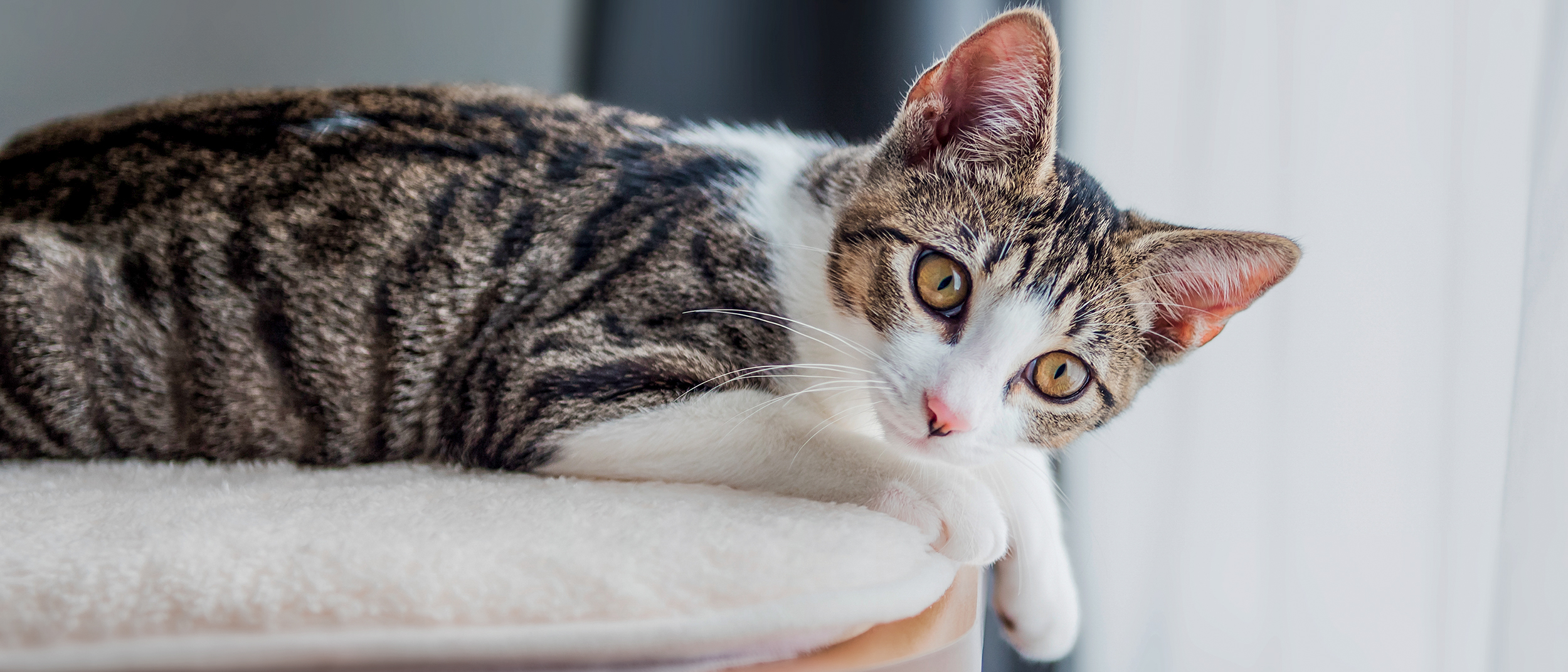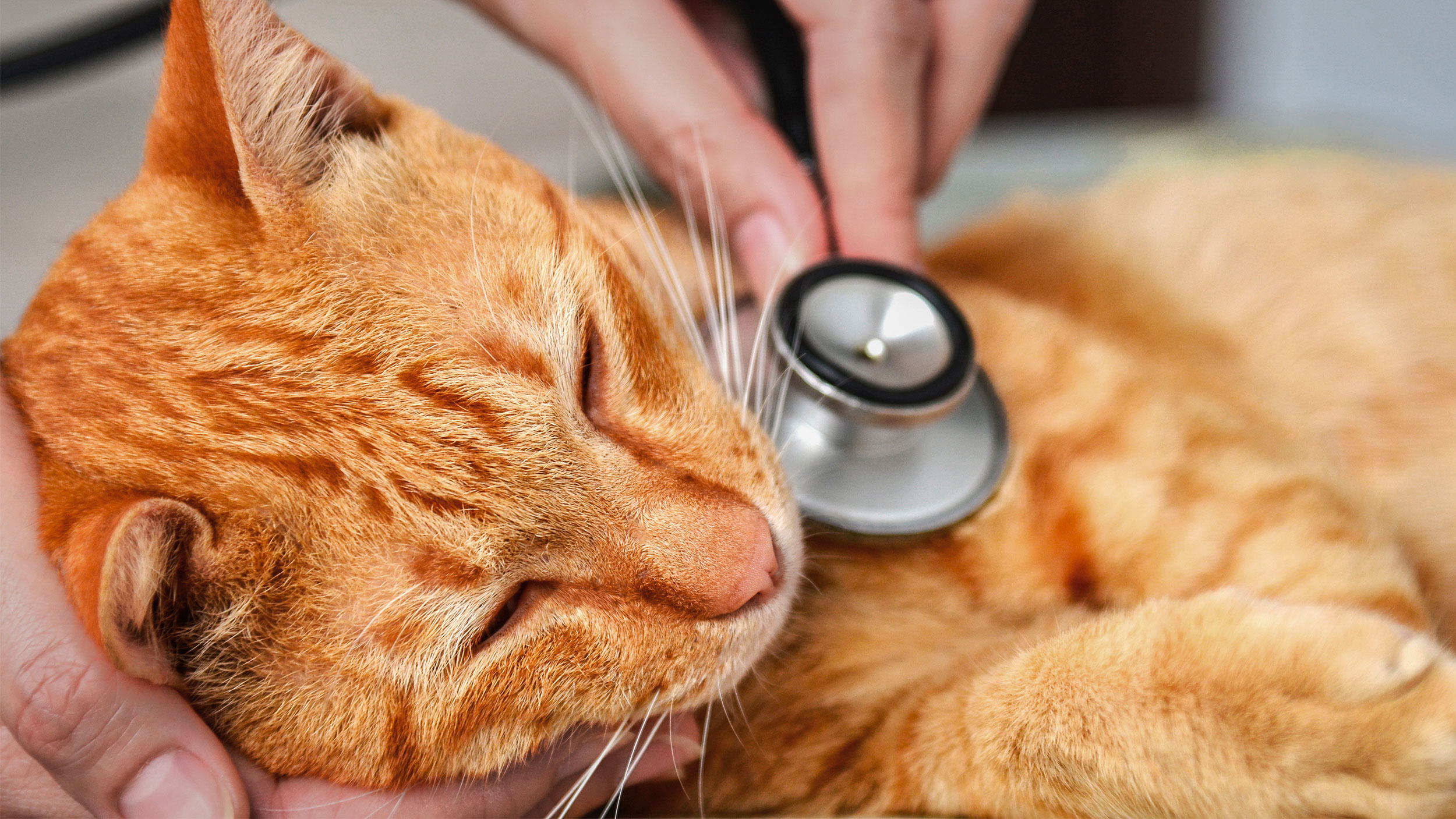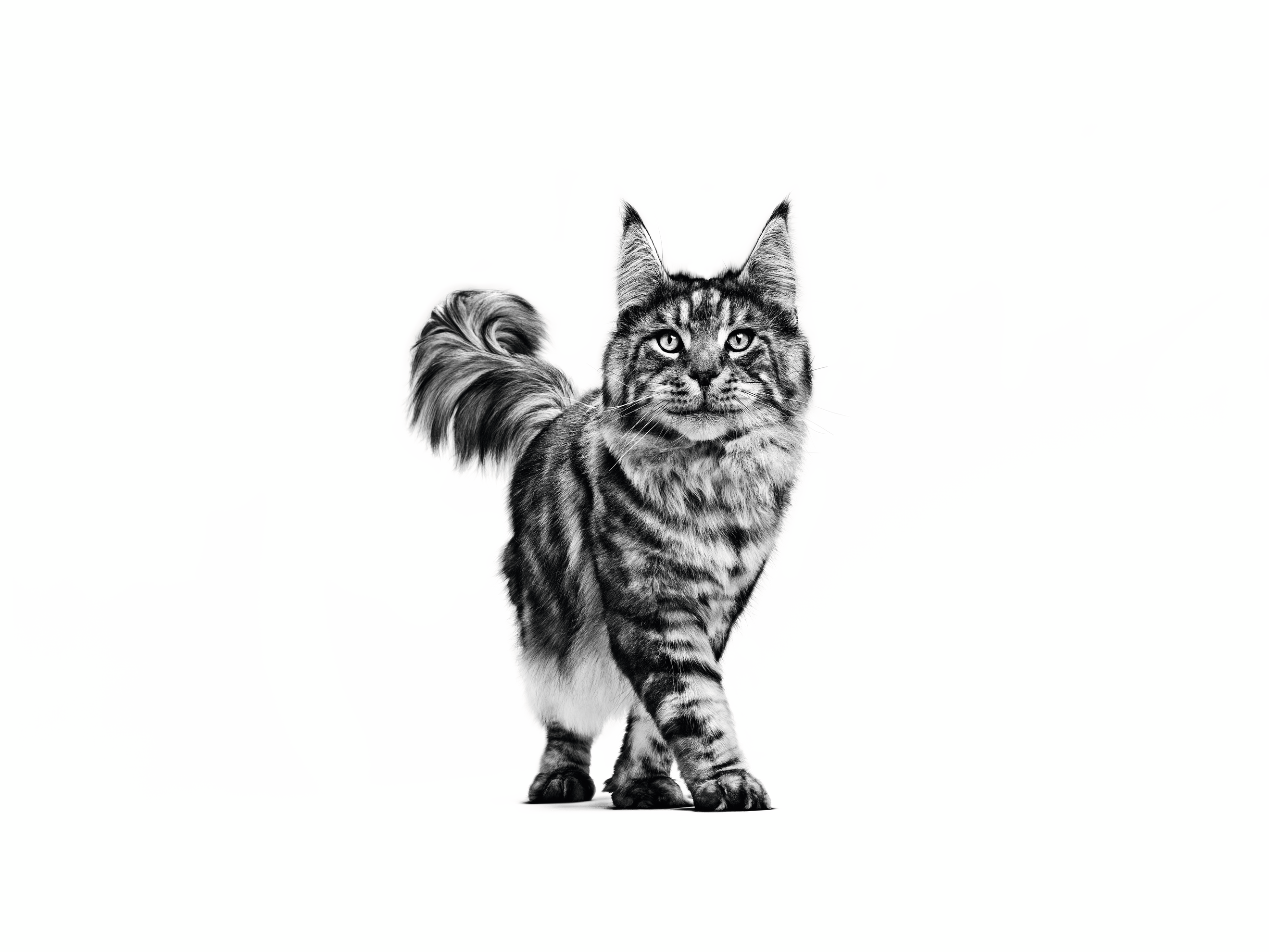The cost of owning a cat

It doesn't cost much to buy a cat, especially if you have not opted for a pure breed cat. However, to make sure you can support your pet properly throughout its lifetime, there are a number of costs that should be considered at the start.
Health and wellbeing costs of your cat
When you first bring your cat or kitten home, and over the course of its first year with you, there are a number of costs to take into consideration.
- It is advised that kittens are given an initial course of vaccinations in their first few weeks of life, to protect them against common and potentially devastating illnesses. The vaccination course consists of two injections, given three to four weeks apart. Your cat may have already had their first injection before they come to you, as the first dose can be given from the age of about nine weeks. It is important to remember though that they will not be protected until sometime after the second injection.
- Other vaccines which are not routine but may be recommended by your vet are those against feline leukaemia virus and a type of bacteria called chlamydophila felis which causes conjunctivitis.
- To help prevent loss, microchipping is recommended, and in some cases mandatory. This is the painless insertion of a microchip under the skin on the neck, and means that any vet or cat rescue organisation can read the chip with a handheld scanner. Your vet can perform the procedure at any of your routine appointments, and it takes just seconds to make your cat identifiable for life.
- Neutering is one of the most important decisions any pet owner can make. Neutering not only protects against unwanted pregnancies (and with so many pets in rescue, that’s essential) but it also reduces the risk of various health and behavioural problems. Many rescue centres will already have neutered cats before you take them home. Alternatively, this is something you can discuss with your vet.
- Annual check-ups with a vet are an important part of owning a cat. These appointments will allow your vet to asses your cat's weight and behaviour, and identify any potential health issues that may arise.

Cat insurance
Every owner wants to do the best for their cat, and vets try their hardest to keep costs reasonable, but accidents and long-term illnesses can cause the veterinary bills to mount up.
Insurance offers peace of mind that you will be able to provide the care your cat needs, should a crisis happen. Pet insurers offer different levels of cover, and prices vary according to your cat’s age, breed or size and type, as well as your location.
The easiest way to find the right cover for you and your kitten is to use the internet to check out what’s on offer and find the right package for you. Other sources of information are your vet’s waiting room and pet magazines
Day to day costs
There are a number of things that will impact the long term cost of owning a cat including their breed, coat type, and your own lifestyle. While most day to day costs are limited, here are a number that you may wish to budget for from the outset:
- Scratching is a natural behaviour for cats and it is important to give your cat places to express this, so it is a good idea to plan to have at least one scratching post in the house. Plenty of other toys are also a good idea, especially if you intend to keep your cat indoors.
- Exploration, climbing and hiding are also common behaviours. Cat trees are recommended to support your cat's wellbeing, offer them plenty of exercise and provide a safe space to hide.
- One very important part of caring for your cat is preventative health care to stop your cat getting fleas, worms or ticks. Most breeders and rescue centres will begin this process for you. Your vet will be able to give you more advice on your cat’s anti-parasite regime.
- Food and nutrition is an obvious ongoing cost. High quality food is recommended to provide the right nutrients for each lifestage and lifestyle; this type of food comes in different textures, wet and dry, which can be provided daily if served in separate bowls.
- Water fountains may be recommended to encourage your cat to drink. Some breeds are known to particularly enjoy water play, so these fountains can also provide entertainment.
- Another cost to consider with cats is their litter. It's important that litter trays are kept clean as cats will be unlikely to use them if they are soiled.
- Grooming will vary greatly according to the breed that you have, however it is likely that the cost of grooming has more to do with time than finances.
Bringing a new cat or kitten into your home is an exciting and happy time, and it is easy to overlook the ongoing costs. However, it’s important to remember that cats can live for up to 20 years or more, and considering the ongoing costs at the beginning will ensure you are able to support the health and wellbeing of your pet over the course of its life.
Related Articles

Like & share this page